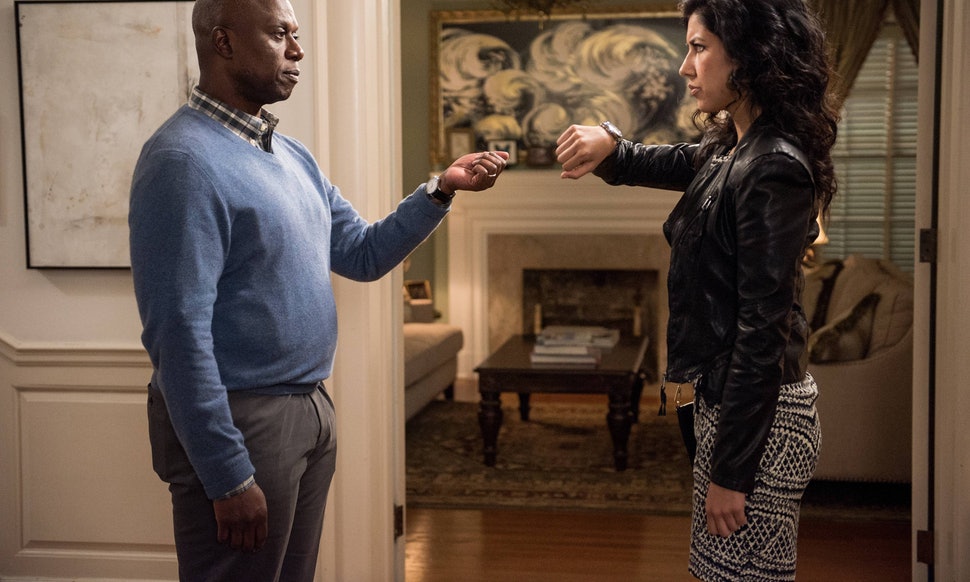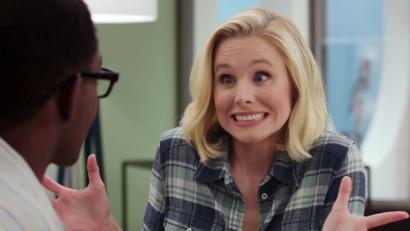Alright, I’ve put this off for long enough. We need to talk about Insatiable, a Netflix original series with a Whole Lot of Things to complain about. Since this blog focuses on queer representation, we’re only going to talk about that. But keep in mind this is just the tip of the iceberg.
Gatekeepers have always loved to poke and prod at bisexuality. The moment that a bi person mentions their preferences, they’re put into the conversation of “well you have to pick a side.” Lo and behold, what would happen to the bi main character the moment they realize that they’re not straight?
But this trainwreck gets worse. Because the realization that he might be anything but straight comes with a forced kiss from the man who’s bullied and belittled him since the fourth grade. Apparently the man had been in love with him the entire time. Which was why he was so cruel. Because that’s not something telling about how the writers are going to be treating their queer characters at all. This gay man not only forces the kiss, but also forces the relationship between the two by literally trapping the bi man in his own office until they can talk. Meanwhile, the bi man’s wife (that’s right, he’s married and trying to rekindle his marriage) is coming to terms with the fact that she still wants to be in a relationship with her husband.
And then the main character, a straight high school girl, outs the bi man because of a misunderstanding that makes her angry with him, tells not only the guy’s wife, but the entire Southern small town.
The wife is understandably angry that she’s been cheated on and kicks him out of the house. The gay man thinks that this means that the budding romance between them will flower. Bi man just wants everything to work out. And then by some miracle, he’s placed in a situation where a poly relationship might happen.
I have to admit that this almost got me. I was almost willing to overlook this entire clusterfuck of a scenario because I haven’t seen a polyamorous relationship aside from a few scenes from BoJack Horseman, and even then they aren’t even close to main characters.
But then it got worse.
After their first attempt at group sex, the wife is on board with it all. The bi man is over the moon, because his perfect world might be coming true. All the signs have been pointing to the three of them being maybe really happy in a relationship together. They go to the gay man asking him about being in a relationship. He thought the wife was only in it for the sex. He doesn’t want to be in a poly relationship, but he’s okay with the wife joining in for a threesome. The wife is appalled. She (once again understandably) doesn’t want to just be a sex object. They turn on the bi man. Because now he has to make a choice. But they don’t phrase it as a choice between two people. No that wouldn’t have been a deep enough hole to dig for a season finale. No, he has to choose whether he wants a man or a woman. And if he chooses to remain bi, then he gets neither.
And this is how they thought it was acceptable to end the season. As I said, the show has a lot of other problems. On top of honestly bad writing. Somehow it’s been renewed for a second season, and I wish I could say I was surprised.








